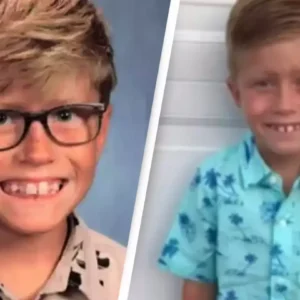When most of us think about Bruce Willis, we think about him as being a strong, young man playing the lead in an action movie. Like any human, however, he ages, and eventually, time catches up with him.
Unfortunately, this was seen in a rather startling way as his health took a downturn. His family has come forward to talk about his diagnosis and how it has affected him and the family.
Bruce Willis has been diagnosed with frontotemporal dementia (FTD). This is the type of dementia that affects the brain in the area of the forhead. Symptoms of FTD can include obsessive behavior, difficulty with speech, and changes in personality.

Messages were posted on the Association for Frontotemporal Denigration’s website from his ex-wife, Demi Moore, current wife, Emma Heming, and his five daughters.
The message said:
“Our family wanted to start by expressing our deepest gratitude for the incredible outpouring of love, support and wonderful stories we have all received since sharing Bruce’s original diagnosis.
“In the spirit of that, we wanted to give you an update about our beloved husband, father and friend since we now have a deeper understanding of what he is experiencing.
“Since we announced Bruce’s diagnosis of aphasia in spring 2022, Bruce’s condition has progressed and we now have a more specific diagnosis: frontotemporal dementia (known as FTD).
“Unfortunately, challenges with communication are just one symptom of the disease Bruce faces. While this is painful, it is a relief to finally have a clear diagnosis.
“FTD is a cruel disease that many of us have never heard of and can strike anyone. For people under 60, FTD is the most common form of dementia, and because getting the diagnosis can take years, FTD is likely much more prevalent than we know.”
The family has expressed the hope that attention shed on the condition from Bruce Willis will lead to more research and awareness. At this time, there is no cure for FTD.
The family continued with their statement, saying:
“Bruce always believed in using his voice in the world to help others, and to raise awareness about important issues both publicly and privately.
“We know in our hearts that – if he could today – he would want to respond by bringing global attention and a connectedness with those who are also dealing with this debilitating disease and how it impacts so many individuals and their families.
“Ours is just one family with a loved one who suffers from FTD, and we encourage others facing it to seek out the wealth of information and support available through AFTD (@theaftd, theaftd.org).
“And for those of you who have been fortunate enough to not have any personal experience with FTD, we hope that you will take the time to learn about it, and support AFTD’s mission in whatever way you can.”






